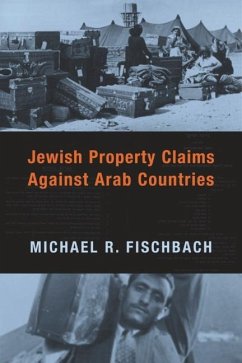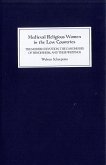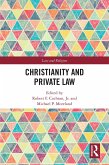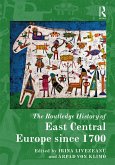In this book, Michael R. Fischbach, who has dedicated years to studying land and property ownership in the context of the Arab-Israeli conflict, reconstructs the circumstances in which Jewish communities left the Arab world. Conducting meticulous and exhaustive research in the archives of Washington D.C., Jerusalem, London, New York, and elsewhere, Fischbach offers the most authoritative estimates to date of the value of the property left behind. He also describes the process by which various actors, most importantly the State of Israel, linked the resolution of Jewish property claims to the fate of Palestinian refugee property claims following the 1948 war.
Fischbach considers the implications of contemporary developments, such as America's invasion of Iraq, Israeli-Palestinian negotiations, and Libya's attempt to shed its international pariah status, which have impacted pending claims and will affect claims in the future. Overall, he finds that many international Jewish organizations have supported the link between the claims of Mizrahi Jews and those of Palestinian refugees, hindering serious efforts to obtain restitution or compensation.
Dieser Download kann aus rechtlichen Gründen nur mit Rechnungsadresse in A, B, BG, CY, CZ, D, DK, EW, E, FIN, F, GR, HR, H, IRL, I, LT, L, LR, M, NL, PL, P, R, S, SLO, SK ausgeliefert werden.









